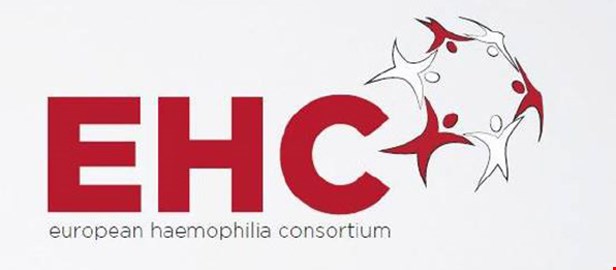Patient involvement improves the outcome of a procurement process
 © European Haemophilia Consortium
© European Haemophilia Consortium
The European Haemophilia Consortium (EHC) represents people with bleeding disorders in Europe. It has several objectives including improving access to treatment and care, promoting patients’ rights and understanding the status of haemophilia care in Europe. To fulfil this role, the EHC carried out in 2014 a survey on how coagulation factor concentrates are purchased (the medicines used by people affected by bleeding disorders) and whether patients and physicians are involved in this process.
The survey revealed strong and surprising results. Contrary to popular belief, the survey showed that countries that hold a centralised tender with a legal framework where patients and physicians are meaningfully involved, purchase the same medicinal products for a cheaper price compared to countries where all of these conditions are not met. The differences in price between European countries revealed themselves to be staggering and in the order of 400 per cent difference for the same medicine.
Patients’ expertise and centralised organisation of care are two determinant factors
The reasons for these results are probably several but to the EHC, the most evident element is that patients and physicians, as the first ‘consumers’ of healthcare services, are in the best position to provide feedback on how the system is organised and what could be improved. Another important aspect is the centralised organisation of care, which involves a coordinated national approach to assess how care is delivered, monitor patients and treatment use and identify opportunities for improvement. This approach works particularly well for bleeding disorders because we are talking about a limited population and chronic conditions needing life-long services.
A lesson for other disease areas beyond haemophilia?
Although this system may not be applied the same everywhere, EHC believes the findings of the survey are relevant for other disease areas. The EHC advocates, alongside many other patient organisations, that patients should be meaningfully included and taken into account in the organisation of healthcare because ultimately they are the primary beneficiaries of these services.
As haemophilia is a very specific and small disease area, EHC is currently looking for partners who would like to join them in the preparation of an event at the European Parliament Science and Technology Options Assessment (STOA) to generate discussions and to demonstrate concrete patients’ added value in Europe. If your organisation has a similar story about patients’ added value, please contact the EHC!
More information
The results of the survey have also been published in the scientific journal Haemophilia.
The European Haemophilia Consortium (EHC) is a European umbrella organisation representing 45 patient groups in Europe for people with bleeding disorders such as haemophilia and von Willebrand Disease.
